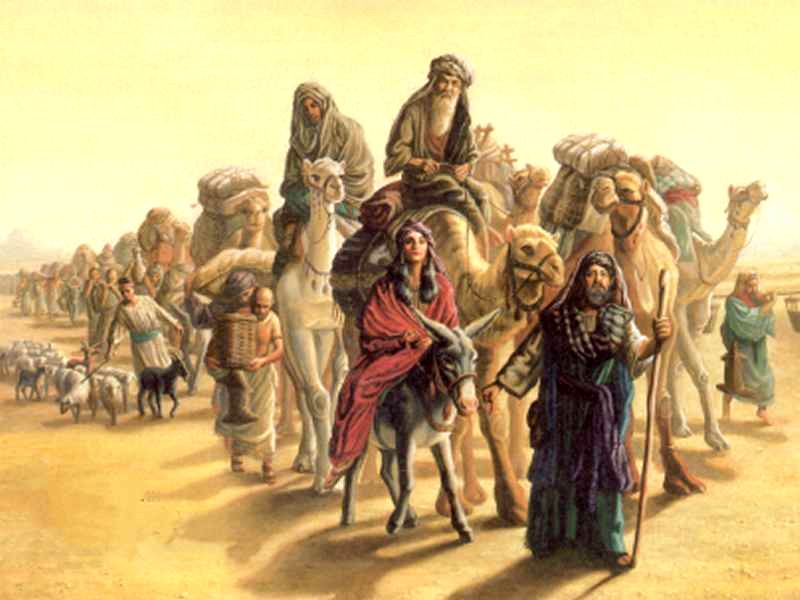The people we live with from day to day, we claim to know them, of course.
Their ways of doing, their habits, their mannerisms.
It was the same for the apostles who were living with Jesus, travelling with him, listening to his teaching.
They knew his accent when he spoke to the crowds, they were familiar with his attitude to people.
They had observed him in all kinds of situations and learned how he reacted in different circumstances.
They knew him, at least… they thought so.
 But that night on the lake when they were struggling against the storm, the mighty wind, and the waves threatening to sink their boat…
But that night on the lake when they were struggling against the storm, the mighty wind, and the waves threatening to sink their boat…
they were not so sure.
He was coming to them, walking on the water – but… this could not be him, it was a ghost, for sure.
He had to make himself known to them again, known in a new way –
a way that would bring them to recognize in him more than they had perceived up to now.
They could then say: “Truly, you are the Son of God.” (Mt.14:22-33)
Knowing – Doubting – Recognizing.
Is this not the experience that is ours in so many ways and at different times in our lives?
We know God, at least we think so:
we have read about him and his message, we have been taught prayers and dogmas, we have learned much about him, yet…
It is a long pilgrimage, that of knowing God – not only knowing about him but knowing him, personally, truly.
Not an image of him, not stories about him, but the REAL God, as he wants to be known by us.
A life-long endeavour…
Note: Another reflection on a different theme in French can be found at: https://image-i-nations.com/19e-dimanche-de-lannee-a-2020/
Another presentation in blog format is offered on this theme in French at: https://image-i-nations.com/elle-le-connaissait/
Source: Image: The Heart Beat
 It is hard to imagine the situation described by the 1st reading which shows Abram told plainly and simply: “Leave your country…” (Gn.12:1-4).
It is hard to imagine the situation described by the 1st reading which shows Abram told plainly and simply: “Leave your country…” (Gn.12:1-4).